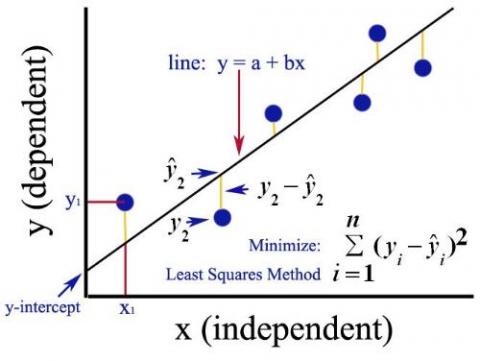Why Rubyists Should Consider Learning Go
These days fewer and fewer web developers get to specialize in a single language like Ruby. We use different tools for different jobs. In this article, Ayooluwa Isaiah argues that Go is the perfect complement to Ruby. The developer who knows both is in a great position to handle almost any back-end challenge.



